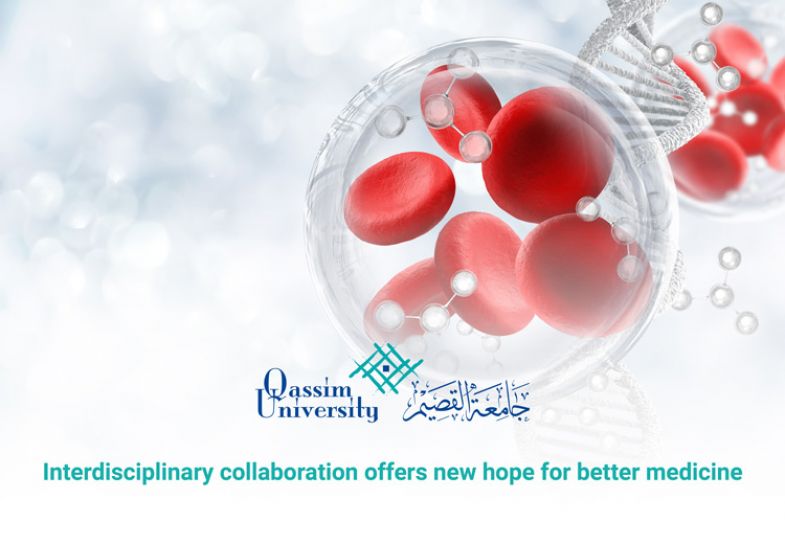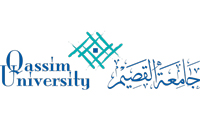
Scientists at Qassim University are leveraging the expertise of a multidisciplinary team to advance nanoformulation research and discover groundbreaking treatments for diseases
Some of the biggest ideas in medical science come from thinking small and approaching complex problems on a microscopic scale to maximise impact. Nanoformulation research has opened up a frontier in healthcare research, where new treatments for diseases are developed at the nanoscale. This field uses nanotechnology principles to improve targeted drug delivery and reduce the side-effects of treatments. However, advancements in this area demand collaboration from researchers across disciplinary boundaries.
Researchers from various disciplines at Qassim University in Saudi Arabia are working together to find innovative treatments for diseases such as cancer and diabetes using this technology. Faris Alrumaihi, associate professor in the Department of Medical Laboratories at Qassim University’s College of Applied Medical Sciences, is a specialist in nanoformulation. Alrumaihi’s team has made significant breakthroughs in the nanoformulation of drugs to target various lysosome-specific proteins in cancer cells. The team is optimistic that these targeted clinical approaches can be more effective in fighting cancer while reducing the debilitating side-effects associated with most existing treatments today.
Alrumaihi believes that the interdisciplinary environment fostered by Qassim University is essential in enabling his team to engage in more ambitious projects. “The university is committed to fostering a collaborative research environment for us and this has been instrumental in our success,” he says. “It has allowed us to push our boundaries of nanoformulation research, leading to a significant contribution to combatting diseases like cancer and diabetes, and also bacterial and fungal infections.”
Interdisciplinarity forms the cornerstone of Alrumaihi’s research endeavours. A key challenge for researchers engaged in interdisciplinary work is the establishment of a unified scientific vocabulary that facilitates effective collaboration across diverse fields. However, Alrumaihi perceives this diversity not as a hurdle but as a substantial advantage. His research team is a mosaic of specialists in areas such as nano drug delivery systems, molecular pathology, molecular biology, pharmaceutical sciences, microbiology and molecular docking. This variety enriches the team's approach, enabling comprehensive investigations and innovative solutions in their research projects.
“Sometimes when we face challenges because of the cells that we are using, for example, we will get help from the biochemistry specialists,” he says. “We give them the problem and we’ll discuss it. Each [researcher] will look at this problem from their own point of view. They will give us more suggestions and that paves the way for us to achieve our goals.”
This methodology is proving to be effective, enabling the research team to expand its investigative scope to encompass a broader range of health conditions and potential therapeutic strategies. Among these are efforts to elucidate the connections between hepatitis C and diabetes, as well as the application of genome-editing technologies to reprogramme cells and develop targeted immunotherapies for cancer management. While success in scientific research cannot be guaranteed, these inquiries are instrumental in enhancing our comprehension of prevalent health issues and their treatment modalities. “These innovations represent not just scientific achievements but also beacons of hope for patients globally,” Alrumaihi says.
Qassim University offers support by proactively establishing a research environment that encourages interdisciplinary collaboration and providing infrastructure, resources and funding each year, Alrumaihi adds. “It has not only accelerated our research efforts but has also allowed us to translate our findings to practical solutions that will benefit the global community.”
Find out more about Qassim University.














